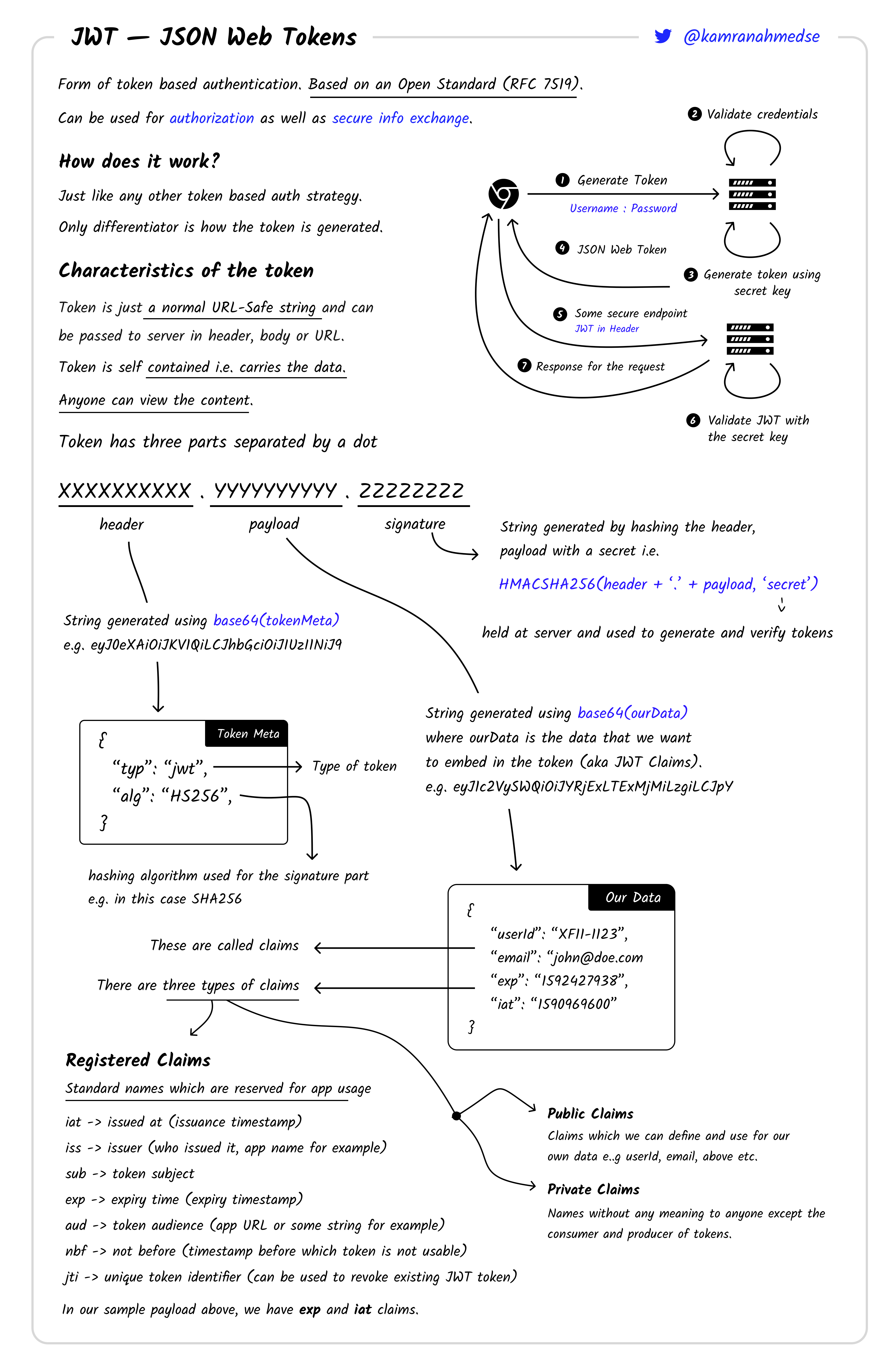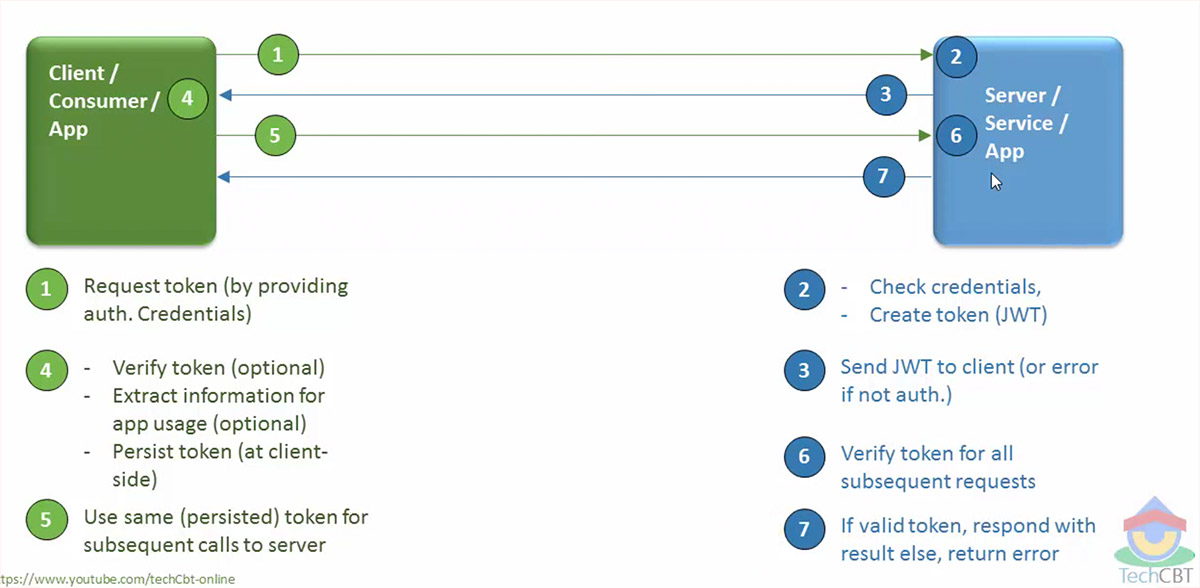
- AUTH0 DECODE JWT WITHOUT SECRET INSTALL
- AUTH0 DECODE JWT WITHOUT SECRET UPGRADE
- AUTH0 DECODE JWT WITHOUT SECRET VERIFICATION
Integrates with AWS Key Management Service, KMS Integrates with multiple Google Cloud Platform signing tools (AppEngine, IAM API, Cloud KMS) Simply implement the SigningMethod interface and register a factory method using RegisterSigningMethod or provide a jwt.Keyfunc.Ī common use case would be integrating with different 3rd party signature providers, like key management services from various cloud providers or Hardware Security Modules (HSMs) or to implement additional standards.

This library publishes all the necessary components for adding your own signing methods or key functions.
AUTH0 DECODE JWT WITHOUT SECRET INSTALL
AUTH0 DECODE JWT WITHOUT SECRET VERIFICATION
This library supports the parsing and verification as well as the generation and signing of JWTs. Refer to RFC 7519 for information about reserved keys and the proper way to add your own. It's called the Claims and contains the actual stuff you care about. The part in the middle is the interesting bit. For example, which encryption method was used for signing and what key was used. It contains the necessary information for verifying the last part, the signature. The last part is the signature, encoded the same way. The first two parts are JSON objects, that have been base64url encoded. A token is made of three parts, separated by. It's commonly used for Bearer tokens in Oauth 2. In short, it's a signed JSON object that does something useful (for example, authentication). JWT.io has a great introduction to JSON Web Tokens. We no longer support building jwt-go with unsupported Go versions, as these contain security vulnerabilities So we will support a major version of Go until there are two newer major releases. Our support of Go versions is aligned with Go's version release policy. This library attempts to make it easy to do the right thing by requiring key types match the expected alg, but you should take the extra step to verify it in your usage. SECURITY NOTICE: It's important that you validate the alg presented is what you expect.
AUTH0 DECODE JWT WITHOUT SECRET UPGRADE
Recommendation is to upgrade to at least 1.15 See issue dgrijalva/jwt-go#216 for more detail.

SECURITY NOTICE: Some older versions of Go have a security issue in the crypto/elliptic. See dgrijalva/jwt-go#462 for a detailed discussion on this topic. See the MIGRATION_GUIDE.md for more information.Īfter the original author of the library suggested migrating the maintenance of jwt-go, a dedicated team of open source maintainers decided to clone the existing library into this repository. Starting with v4.0.0 this project adds Go module support, but maintains backwards compatibility with older v3.x.y tags and upstream /dgrijalva/jwt-go. NewValidationError(errorText, errorFlags)Ī go (or 'golang' for search engine friendliness) implementation of JSON Web Tokens. ParseWithClaims(tokenString, claims, keyFunc, options) (m) Verify(signingString, signature, key) (p) ParseWithClaims(tokenString, claims, keyFunc)


ParseRSAPrivateKeyFromPEMWithPassword(key, password)


 0 kommentar(er)
0 kommentar(er)
